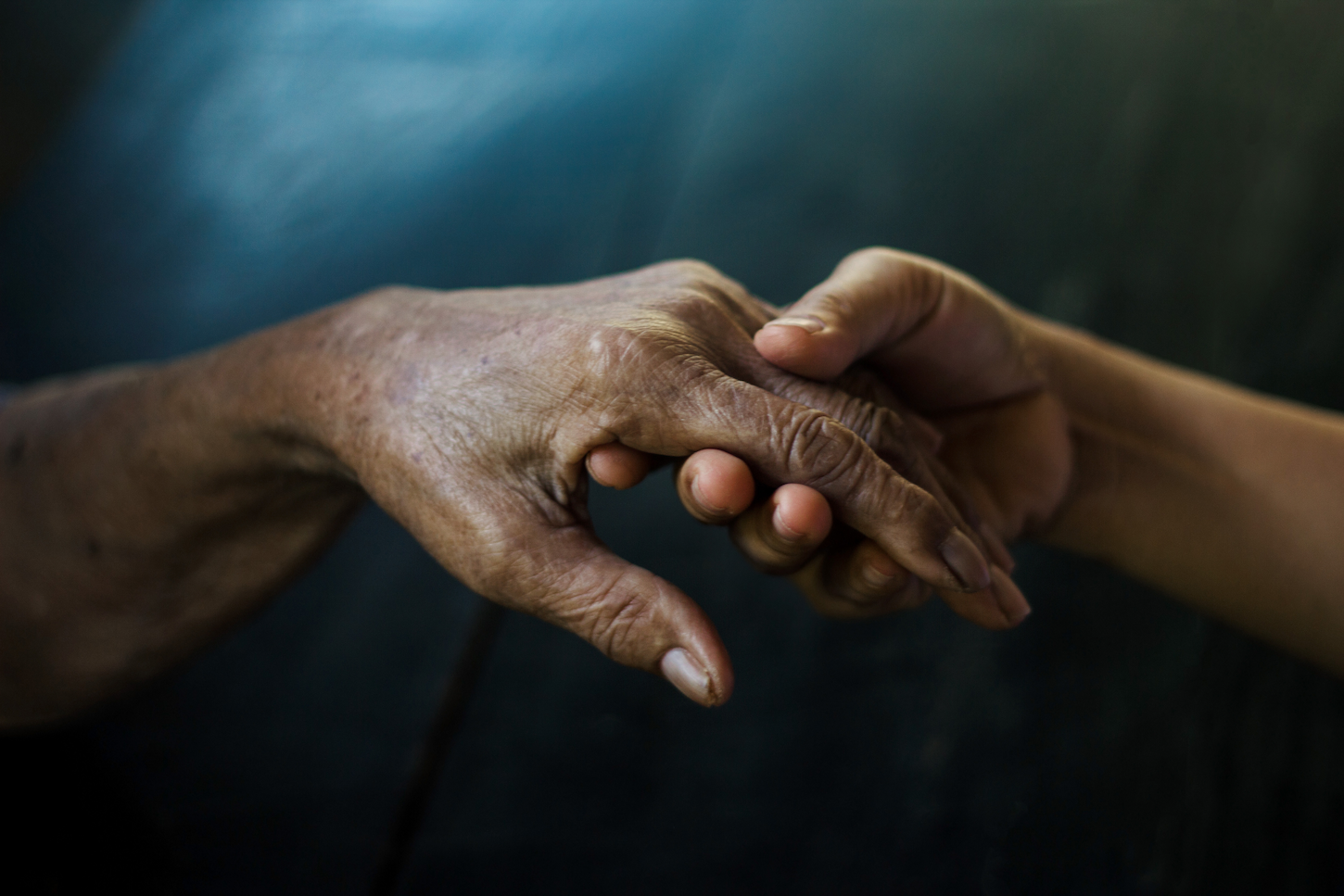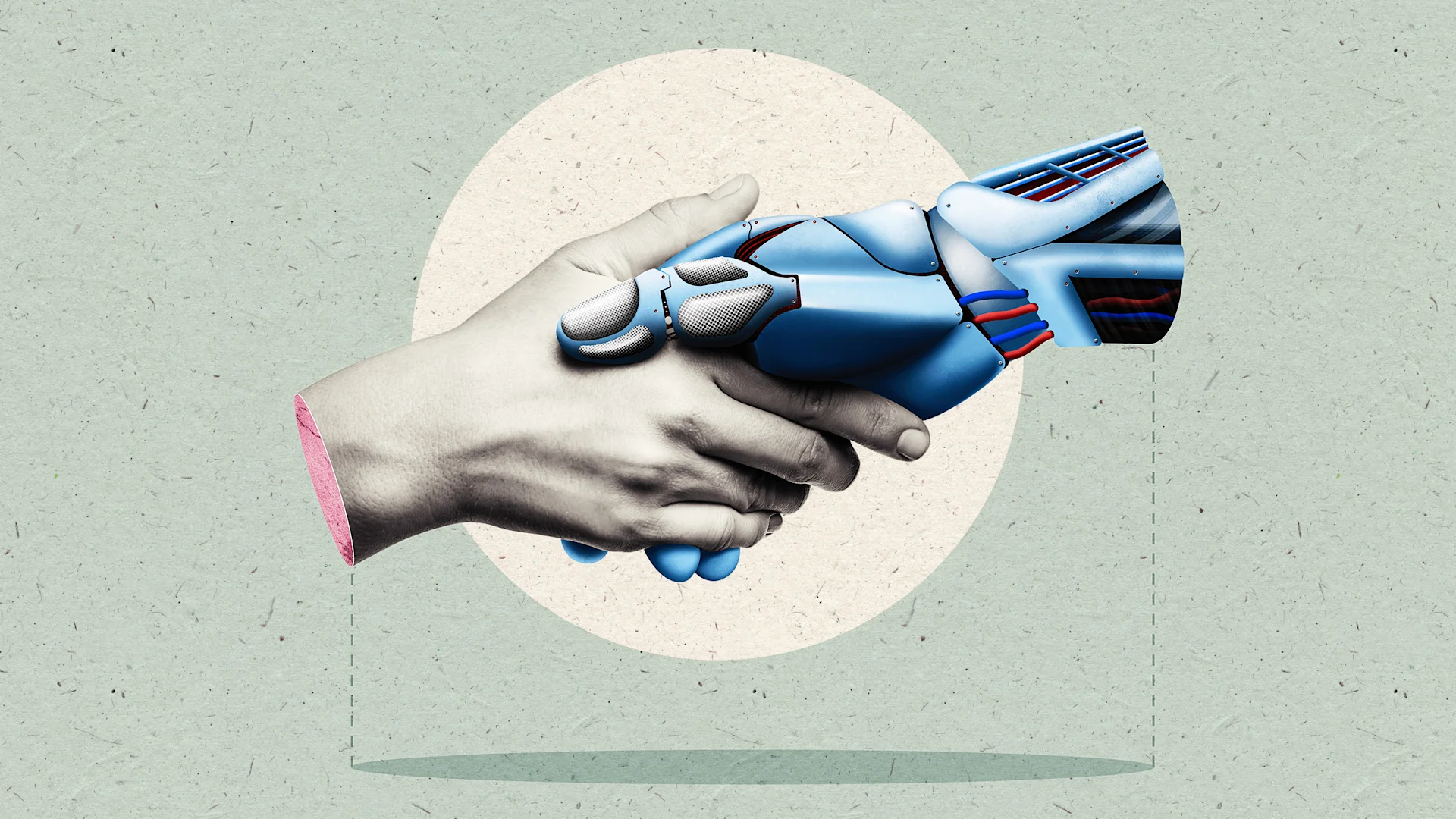What hurts can also heal—if we dare to face it fully.
KEY POINTS
- Struggling makes sense in a world on fire; your pain reflects reality, not weakness.
- Meet fear and grief with curiosity, not commentary. Feel instead of pushing away.
- Meaning doesn’t erase suffering but situates it in a larger story worth living for.
The news is relentless at the moment.
In just the last few days, there have been headlines about price rises and job losses, about Israel bombing Qatar, the French government crumbling, Russian drones in Poland, and a new political assassination in the U.S.
Technology, which was supposed to make our lives easier, seems instead to be magnifying our problems. Serious people warn of the risk of AI taking over the world and making human beings extinct—and still we develop it unchecked. Social media is alive with howls of rage and polarization. Our phones buzz and ping without reprieve, external manifestations of the chaos inside.
We are exhausted and we are frightened. And we face our troubles alone, more alone than we have ever been before, as community fractures and loneliness rises.
When Struggling Makes Sense
There is a taboo in our culture against struggling. Being unhappy is perhaps the last mortal sin.
And this taboo is actually one of the most exhausting parts of the hard times we live in right now. It’s the source of the voice that tells us we shouldn’t be finding things hard. It’s the source of the internal critic who tells us that we should always be grateful, that we should be calm, that we need to stay positive and upbeat and use a growth mindset to turn exploding bombs into a learning opportunity.
I’ve got nothing against gratitude or a growth mindset. As a matter of fact, I practice both daily and have written about it a fair amount. But there is also a place for grief and anger.
The truth is that life is hard right now.
In a world turned upside down, a world in which black is sold as white and good is insulted as evil, suffering is not a character flaw. Exactly the opposite, in fact.
Suffering is evidence that there is still something pure and true inside us. It tells us that our eyes can still see and our hearts can still feel.
In a world like ours, suffering is evidence that we remain alive to love and beauty and hope.
Staying with What Hurts
In Buddhism, there’s a story about the two arrows that pierce human beings. We can think of the first arrow as the suffering that life directly throws up. It consists of things like physical pain, grief when we lose someone we love, anger when we see injustice, and so on. In our context, the first arrow is the pain and anger and fear and sorrow we feel right now about how the world is.
The first arrow is inevitable. The second arrow isn’t. The second arrow consists of the suffering we cause ourselves by how we react to the pain of the first arrow. Instead of simply feeling angry, we add the pain of thinking that we shouldn’t feel angry. Instead of only the suffering of sorrow, we add the pain of resisting it, of thinking we are bad or weak for feeling it.
Our usual reflex, says the Buddhist teacher Pema Chodron, is to avoid the first arrow. We distract ourselves. We numb ourselves. We try to talk ourselves into feeling better.
But we all know how that goes: badly. The more we push it away, the more we distract ourselves, the more we will eventually suffer.
So instead, suggests Chodron, we might try leaning into the pain. What does this mean?
It means having the courage to simply experience our suffering without pushing it away.
One way of doing this is to try to meet our experience with curiosity instead of commentary. If fear arises, we notice it: This is fear; I notice my breath is shorter. If grief swells, we give it space: This is grief, heavy in my throat.
And this kind of attention also reduces the suffering of the second arrow. Pain is unavoidable, but the layers of resistance, denial, and shame can be softened.
The Power of Pain
When we stay with our pain, something begins to happen.
Pain, you see, isn’t just a weight. It’s also information.
Our feelings— as philosophers and psychologists have long recognized—aren’t just natural. They’re also useful and even necessary for a well-lived life.
This is true of “negative” feelings just as much as positive ones; for example, anger is hard to feel, but sometimes it is the right response, and it can motivate fighting against injustice.
When we stay with our grief and our anger, when we face it with honesty and tenderness, it ripens into a path to meaning. It tells us what matters and it lights the path forward.
And that is why it matters that we stay with the pain. To stay with the pain means to stay with what matters. It means that we do not abandon our values; instead, we have the courage to suffer for them.
This is not abstract theory. I write from hard-won experience. As I’ve written about before, this is exactly what happened to me when my teenage son was diagnosed with cancer.
From pain came purpose.
The Gift of Meaning
Human beings have incredible, unimaginable strength. And the key to unlocking it is meaning.
Viktor Frankl gives us the most breathtaking proof of this when he writes of his experience in the concentration camps. The people who survived, he says, the people who remained whole, were those who found meaning in even those surroundings.
A person to love, a duty to fulfill, a vision of the future—just a single thread of meaning gives us the strength we need to endure almost anything.
Meaning doesn’t erase or deny suffering. In fact, it may even magnify it. But meaning situates that suffering in a larger story. It roots us in what we love and reminds us why we fight.
Meaning is love refusing to give up. It is a candle lit in the darkness, a fist waved at the heavens. It is the strength that allows us to say: this matters—and so do we.
Here are three small, ordinary practices that can help you access the power of meaning in your daily life:
- Return to your body. Take three slow breaths, unclench your jaw, and place both feet firmly on the floor. Remind yourself: I am here. I can meet this moment.
- Name your “why.” When you feel overwhelmed, pause to recall what matters most—a person, a value, a cause. Write it down or speak it aloud.
- Take one deliberate step. Choose a small action aligned with your values; Check in on someone vulnerable, offer time or resources, or protect an hour for genuine rest.
The world may still feel heavy. But meaning gives us the strength to bear its weight—and the energy to change it.
[Photo: SANDJAYA/Adobe Stock]
Original article @ Psychology Today.
















